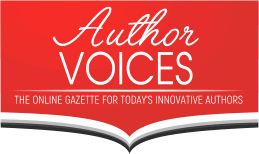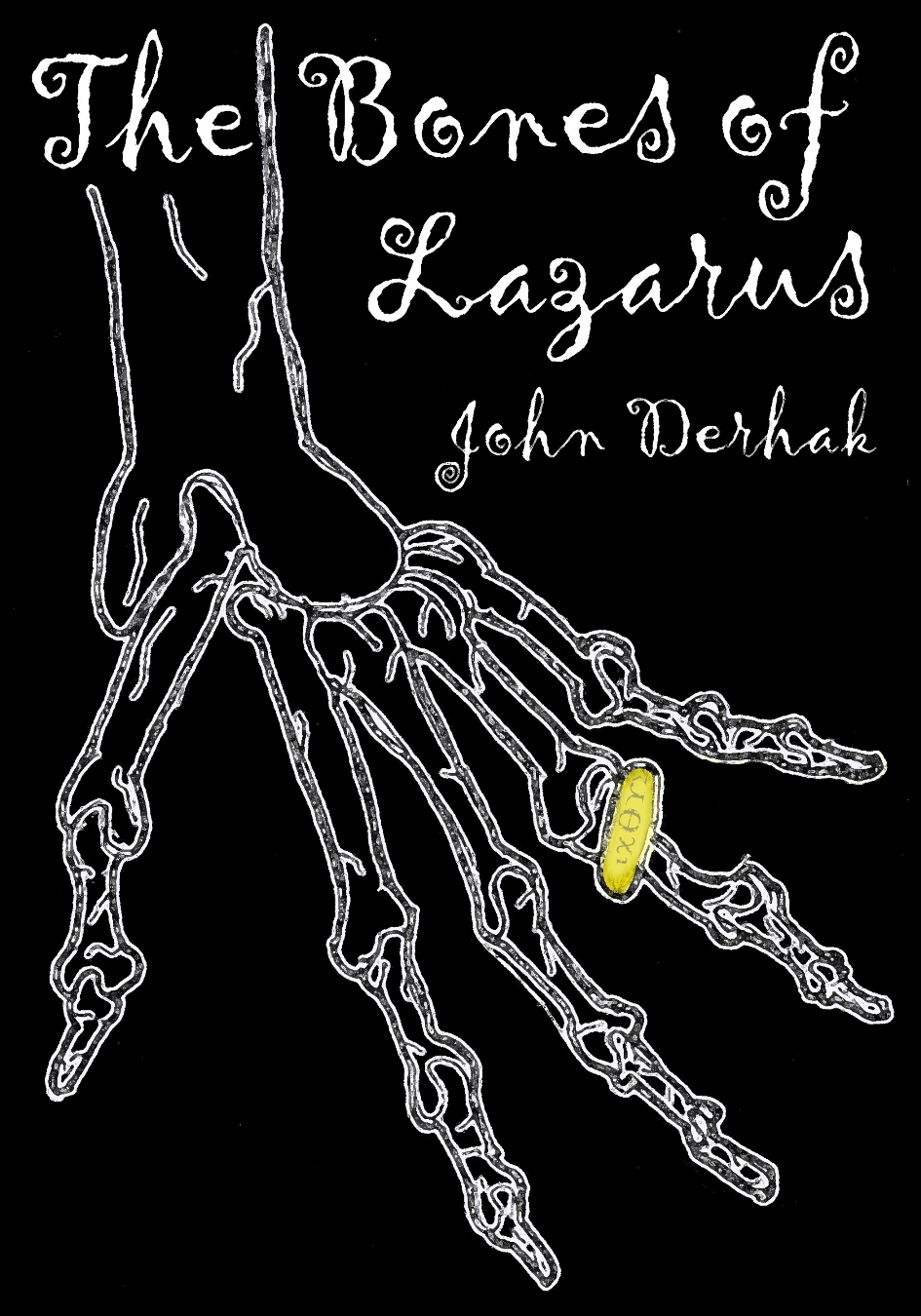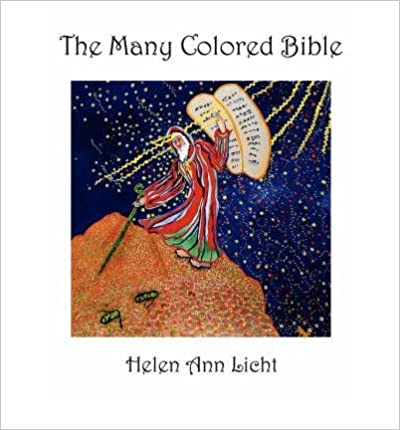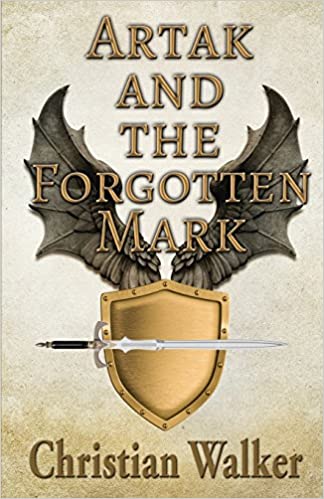Interview with John Derhak
Author of The Bones of Lazarus
Where are you from originally and where do you reside now?
I’m originally from Nova Scotia, but I grew up in Maine and New Hampshire. These days I still spend a lot of time in Maine and NH, and a little bit in Nashville when I can, but I have family in the Czech Republic and spend a good chunk of time there, also.
If you currently reside somewhere besides where you were born, what’s the story that lead from there to here?
That’s a good question—and a very, very long story—and, as the previous answer suggests, the journey from ‘there to here’ is ongoing. I’ve lived in a lot of places over the years. Besides the above mentioned—Colorado, New York, Massachusetts, and Florida—met lots of nice people and made lifelong friends. On top of that, I took to traveling and exploring well over a decade ago and since, I haven’t really settled on one place as of yet. All of that said, I grew up in northern New England, and I identify with that place the most. It’s where my stories take place, i.e., in Maine, or, as in the case of The Bones of Lazarus (2012), they have some Maine connection.
What made you decide to write and publish your first book?
My brother Rob asked me to. He’s the bassist for the rock band, moe. and, years ago, back in the 1990s before the World Wide Web exploded, moe. use to mass communicate with their fans through a newsletter. They needed content for the newsletter and he asked me write a column for it—to make something up. I had been writing for years—catalogs, historical research, articles, content pieces—but I had never written ‘short stories,’ which is what the column ended up being. I settled on a premise about a hotel and pub on the coast of Maine called the moe.Republic—a hotel that he invested in and I attempted to manage. The column was called, ‘Feedin’ at the Trough,’ and was written in the form of serialized ‘dear Rob’ letters or postcards to him from me, ‘brother John.’ It was mostly kicks and giggles, and by the end of the decade, with the rise of the Web and moe.’s own website, the newsletter went the way of the dodo. Years later, he mentioned that some of the moe. fans wondered what had become of the moe.Republic and brother John. He asked if I thought could write a book about the moe.Republic Hotel. Not knowing how to write a novel, I immediately said, “Yes,” and began to work on developing the storyline from ‘Feedin’ at the Trough’ into what would become my first novel, Tales From the moe.Republic (2007)—about the life of a bungling innkeeper, ‘brother John,’ his happenings and interactions with a cast of characters as he manages and mismanages a small town inn, the moe.Republic Hotel, in a place called the Lost Kingdom of Moose Harbor, on the coast of rural down east Maine. Believe me, I wasn’t trying to reinvent the wheel with the story line, only hoping to entertain readers with storytelling.
How would you describe your books to first time readers?
As I mentioned, for me, it’s a matter of entertaining the reader. So, I’d describe my books to first time readers as old-fashioned storytelling for the purpose of entertaining them. The stories are a mix of adventure and misadventure, mystery and mayhem, comic relief, historical narratives, and sometimes, laced with haunting or supernatural story lines. Whatever the subject matter, when I write, I try to convey a scene or picture in the head of the reader as though, in their mind’s eye, they were watching it play out on a screen. Years ago, when I first started writing fiction, I read an article by a Sci-Fi writer (off the top of my head, I can’t recall his name), who mentioned that a ‘good’ story depended on how well you, i.e., the writer, could connect with the reader’s imagination. He put it in a historical perspective. Books were once the leading source of entertainment for many people. Before the internet, TV, radio or even the movies, people would turn to books for entertainment. Just think about how many people over the past century and way longer than that have been entertained by Frankenstein, Huckleberry Finn, or Sherlock Holmes?
Who do you feel is most likely to connect with the topics you write about?
From an entertainment perspective, I’d like to think that my stories would be open to most readers. Well, maybe not kids, maybe sixteen, seventeen on up. Good example—even though my nephew Eddie did the art work for The Bones of Lazarus, I did not want him reading the book because he was 13 at the time. That aside, my writings are infused with history, adventure, mystery, humor—sometimes dark, sometimes warped, sometimes vulgar, and sometimes funny. Some of the stories are haunting tales or have elements of the paranormal. The Bones of Lazarus incorporates most of those themes and a lot more—political and social intrigue, some history of religion, terrorism, plunder of natural resources, and of Lazarus himself as the original Frankenstein monster.
What unexpected or surprising thing did you learn during the process of writing and publishing?
How important editing and a good editor is to the art of writing. As much as I love writing and take pride in what I do, I learned that one will never develop or reach his or her potential without someone there asking the right questions, pointing you in the right direction, connecting all the dots, indicating flaws in the story line and giving you the feedback, warts and all, that you need to hear. For me, it’s been an ongoing, and continues to be, a learning process. I’ve been lucky and worked with a number of fine people who have seriously helped me develop as a writer.
If you could, what advice would you give to past self yourself before embarking on this journey?
As a writer—take your time and get it right. Truth is I rushed my earlier works. The writing wasn’t as clean as it could have been if I had shown a little more patience. Though I felt the stories worked and were entertaining. There were parts of Tales From the moe.Republic that made me laugh out loud as I was writing them (note: my criteria for a passing grade for funny is if I make myself laugh first), but I think it still could have been more polished. Then there was The Bones of Lazarus. That too was rushed and was first published as a short story. I liked that story, but as time went by I began to think that there was so much more to work with—a lot more to the story of an immortal creature of Judgment that I had passed over and rushed through the first time. And so I began to expand the story, and worked on it for three years until I had something much bigger and better. I’m still not sure if I got it entirely right, but I feel I got it mostly right, and that it’s a very entertaining story.
How many people would you ideally like to reach with your books?
In a perfect world, that would be as many as I can. It would be nice to sell twenty or thirty thousand copies up front. What writer wouldn’t want that? To not only reach that many people, but nail it through sales? But, realistically, books are a lot like music these days. People give copies to their friends to listen to or read. Some end up in used music shops or bookstores. Along the way I’ve found that with my books—it seems more people have read my work by a friend lending them a copy or passing it forward (and keeping it going), rather than via a purchase of a new book. In the overall scheme of things, it’s nice to know that I am reaching a wider audience than sales indicate, but I’ll never know exactly how many folks have read any of my books. I do know that because of moe., I had a market for my first two novels, Tales From the moe.Republic and The Bones of Lazarus (which is also the title of one of moe.’s songs), and both books sold very well. My latest novel, The Guardian Angel of Death (2017), has not reached as many people as the first two, though I believe it’s my finest work to date.
What has been the biggest challenge and frustration during the process to date?
Writing the book was only the first step, and then comes the process of publication, and then the next step—the art of marketing and advancement. For me, without a doubt, that is the biggest challenge and most frustrating part of the process.
What’s your biggest strengths when it comes to book a) writing, b) publishing and c) marketing?
I love practicing the art of writing and storytelling, so that is my biggest strength.
What’s your biggest weakness when it comes to book a) writing, b) publishing and c) marketing?
As mentioned, absolutely, it’s marketing.
When do you think you will you write your next book?
I’m in the process now—in fact, I’m nearly finished writing a collection of paranormal short stories. My publisher approached me a couple years ago with the idea of selling books that relate to a specific state or geographic area, and he wanted some type of fiction relating to Maine. Specifically, write a collection of spooky, supernatural or ghostly stories all of which happen in the old ‘Pine Tree State.’ Again, I realize we’re not reinventing the wheel, but I still thought it was a great idea and have been plugging away since. There is a lot to write about. Maine is really two states in one. There is the Coast of Maine and then there is the Woods of Maine. Broadly speaking, two entirely different cultures—one is urban, one is rural. The stories I’ve been writing are good mix, and take place on the coast and in the woods. So whether you are ‘uptah camp’ on a lake or down east on the coast, there will be a story to relate to.
Are you self published or did you use a hybrid publisher, or a traditional publisher?
I presently work with a small publisher in New Hampshire named, Jeff Zygmont, who took over Back Channel Press, my first publisher (also in New Hampshire). I suppose one could classify him as a hybrid publisher. He is a writer himself, and knows the publishing trade very well. He’s also a very good editor, which, as I said, in this business, is very important.
FEATURED AUTHORS
Worrying if I was telling too many secrets Leaving out so much.
Keep Reading »Writing is an arduous task even when one has all ideas clear in the read more
Keep Reading »Write the book, start marketing (letting people know of it) before you finish.
Keep Reading »










